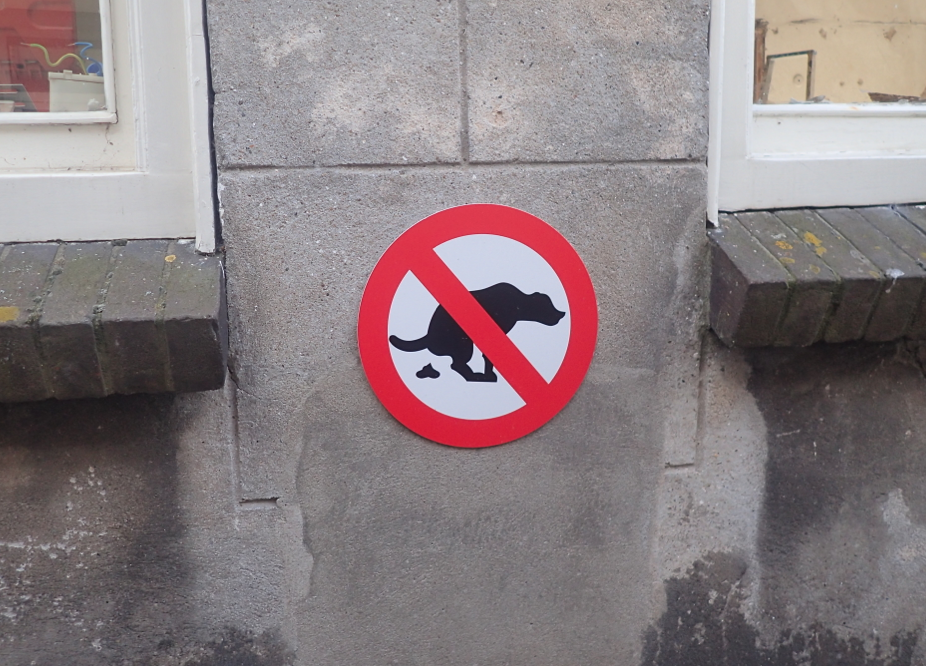Pet poo and zoo poo may give insight into human gut health
Hanneke Sanou
Meat eating animals show more enzyme activity when digesting food than plant eaters, research into excrement from 21 different species has shown.
The research, carried out by the ACTA dentistry school and Amersfoort Zoo, compared the faeces of dogs, cats, rats, tigers, otters, stick insects, zebras and others.
Part of the research material was provided by pet owners who responded in their hundreds to a call from ACTA to hand in their pets’ poo earlier this year.
It is the first time research on this scale has taken place, medical biologist Wendy Kaman said. “We have found big differences between carnivores and herbivores when it comes to enzyme activity. Carnivores have a high enzyme activity to efficiently process meat and fish because they have a higher and more varied protein content than plants.”
“These results will give us a better understanding of the digestion of food in animals. We hope that what we have learned will ultimately result in health benefits for people,” Kaman said.
The involvement of the pet owners “helped tremendously”, she said. “By comparing pet poo with that of zoo animals we have made a good first step. We have discovered how food is being digested in two groups that are either exclusively meat eaters or vegetarian.
The next phase of the research will concentrate on which organs make the enzymes, Kaman said. “That is necessary to understand animal wellbeing and the connection with food. We will then use the results to look at human gut health,” she told Dutch News.
Asked why a dentistry centre carried out the research, Kaman said digestion goes from “mond to kont”, or from mouth to bottom. “There is ample proof that chronic intestinal problems and dental health are closely related. The state of people’s dental health can tell us a lot of what is going on down below,” she told Dutch News.
Monitoring enzyme patterns can help to give an insight into the effects of diet, and the diagnosis of intestinal problems, Kaman said, and lead to more information of what constitutes a “healthy poo enzyme profile” in both animals and people.
Thank you for donating to DutchNews.nl.
We could not provide the Dutch News service, and keep it free of charge, without the generous support of our readers. Your donations allow us to report on issues you tell us matter, and provide you with a summary of the most important Dutch news each day.
Make a donation